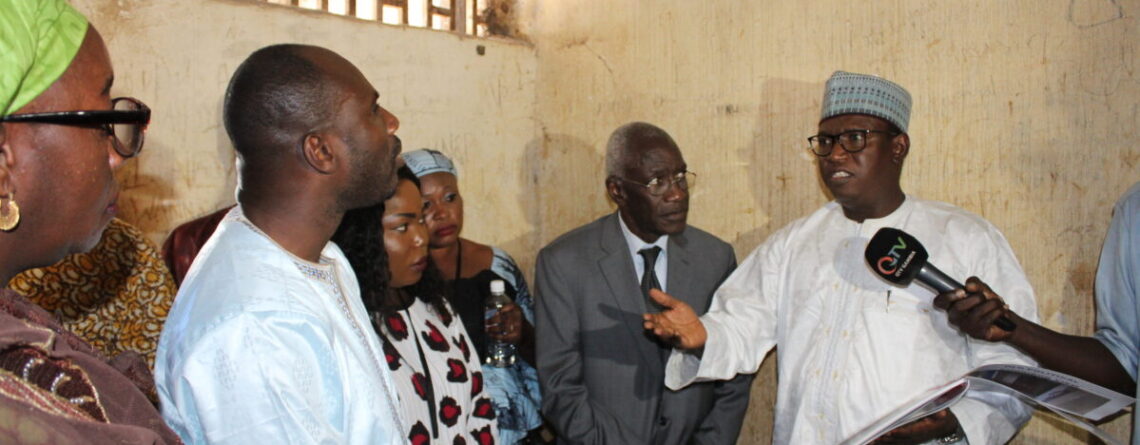How gov’t spares NIA chief Sowe
A number of high profile government officials have been found to have participated in the human rights violations that occurred under the former government. There is to be punishment, ranging from prosecution to ban from holding public office. But not all will face justice as the government takes exception for calls for punishment for some. This article looks into how the government’s decision on the TRRC recommendations affect those working in government.
The director general of the National Intelligence Agency has been spared from ban from holding public office as the government says the Truth, Reconciliation and Reparations Commission (TRRC) does not have the mandate to cover his alleged crimes.
Ousman Sowe came under fire from the TRRC for the rehabilitation works he undertook at the NIA headquarters in Banjul following his appointment as the country’s spy chief in 2017. The renovation of NIA, including the “torture chamber” is seen by many as destruction of evidence.
See more about the position of people serving in government
The TRRC accused him of deliberately destroying material evidence by renovating the NIA premises, including rooms and facilities.
“In spite of clear legal advice from his legal officer (A M O Badjie) against this action, Ousman Sowe deliberately and with willful intent went ahead with the renovations. He is therefore responsible for concealment and or destruction of material evidence,” the report stated.
The TRRC recommended that he should be banned from holding public office for ten years, but the government has rejected it as ultra vires.
“The government notes that while the actions alleged are said to have happened in May 2017, the TRRC’s mandate covers the period from July 1994 to January 2017,” the gov’t says in the White Paper released today, adding that the recommendation goes beyond the scope of the TRRC’s mandate.”
Although the government did not deny that Sowe’s actions constitute crimes, it failed to specify what disciplinary measures, if any, the spy chief will face.
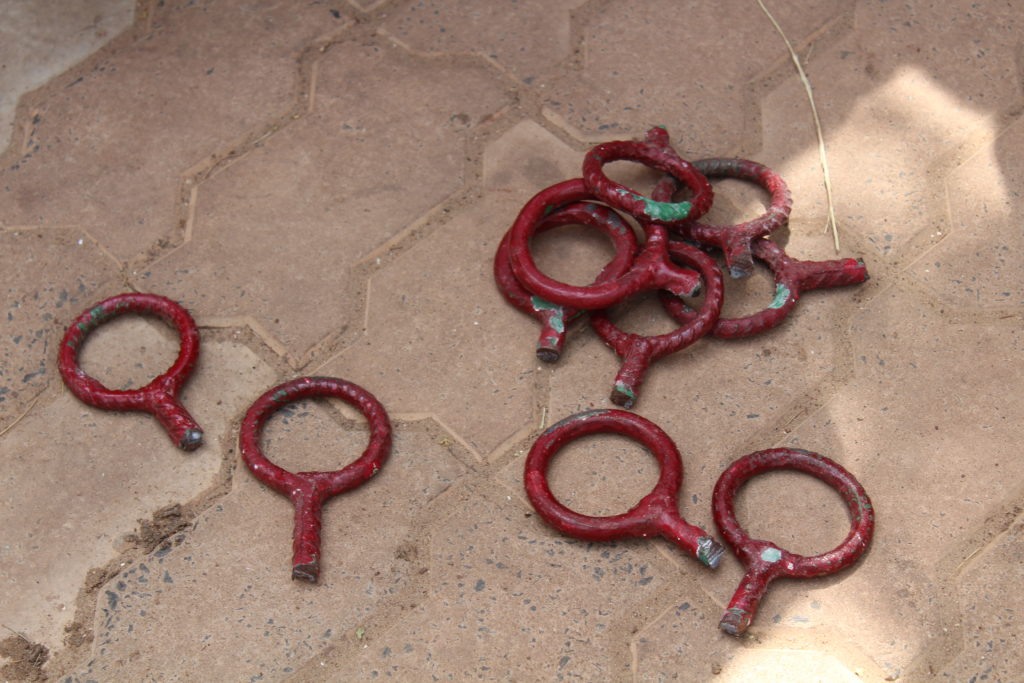
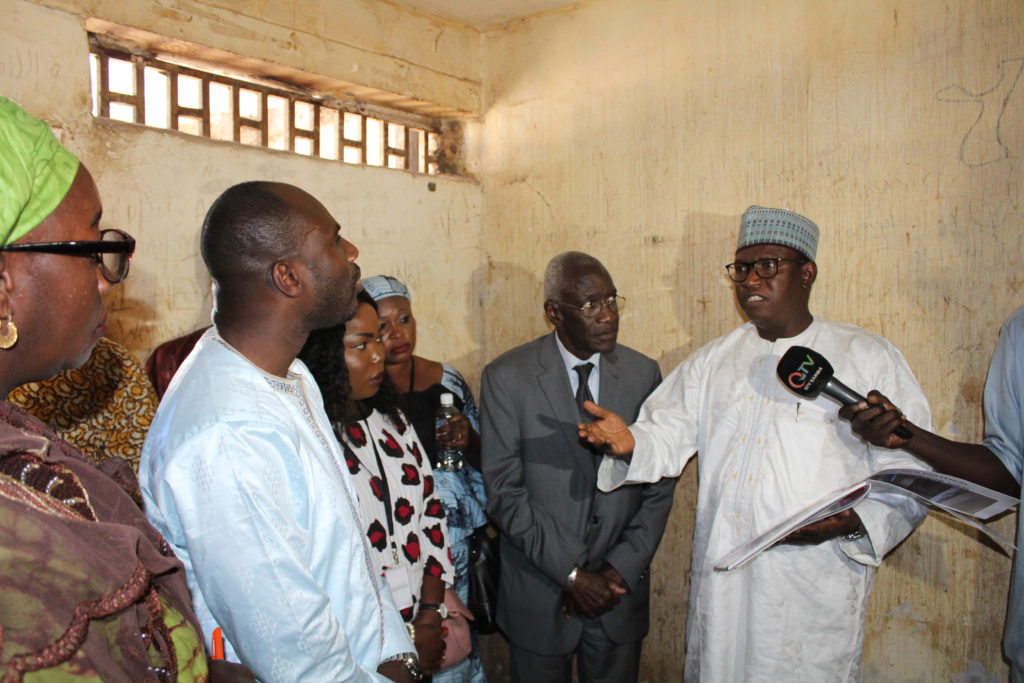
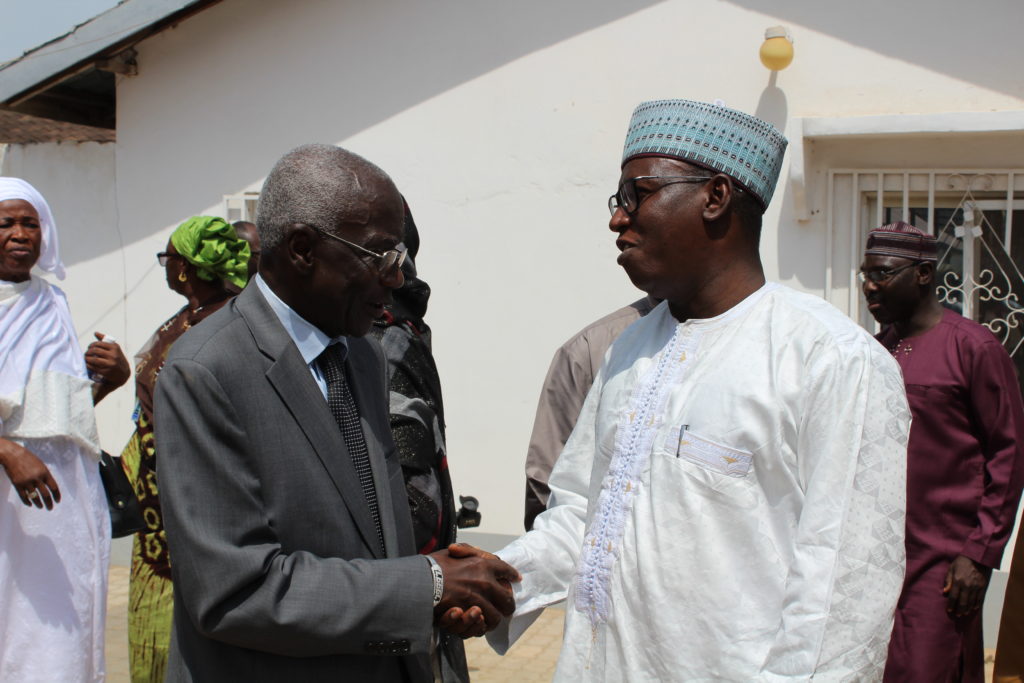
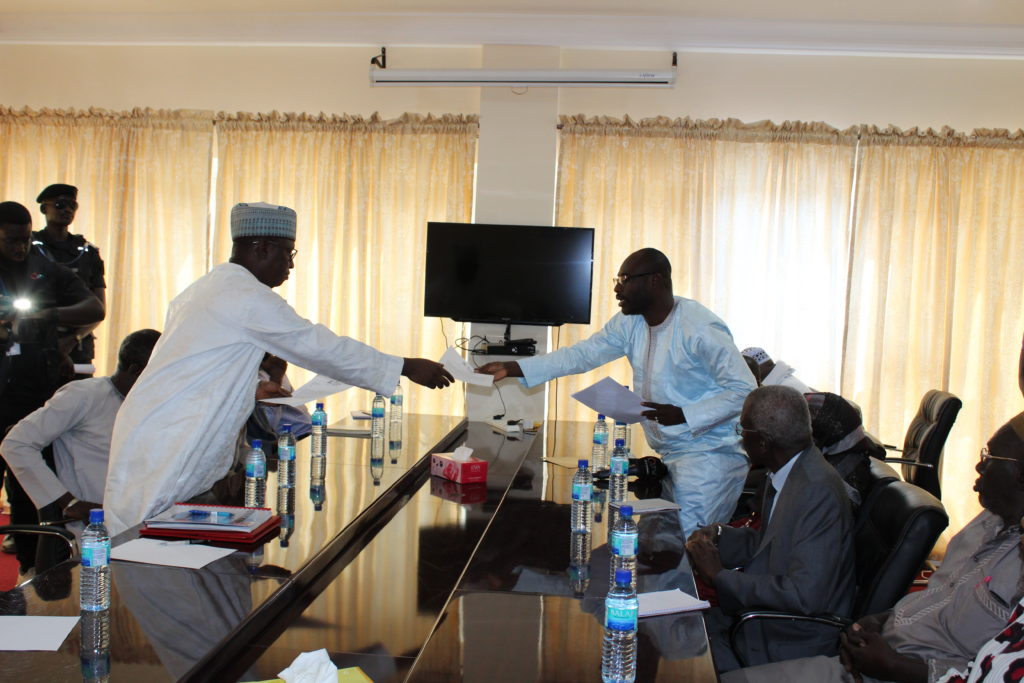
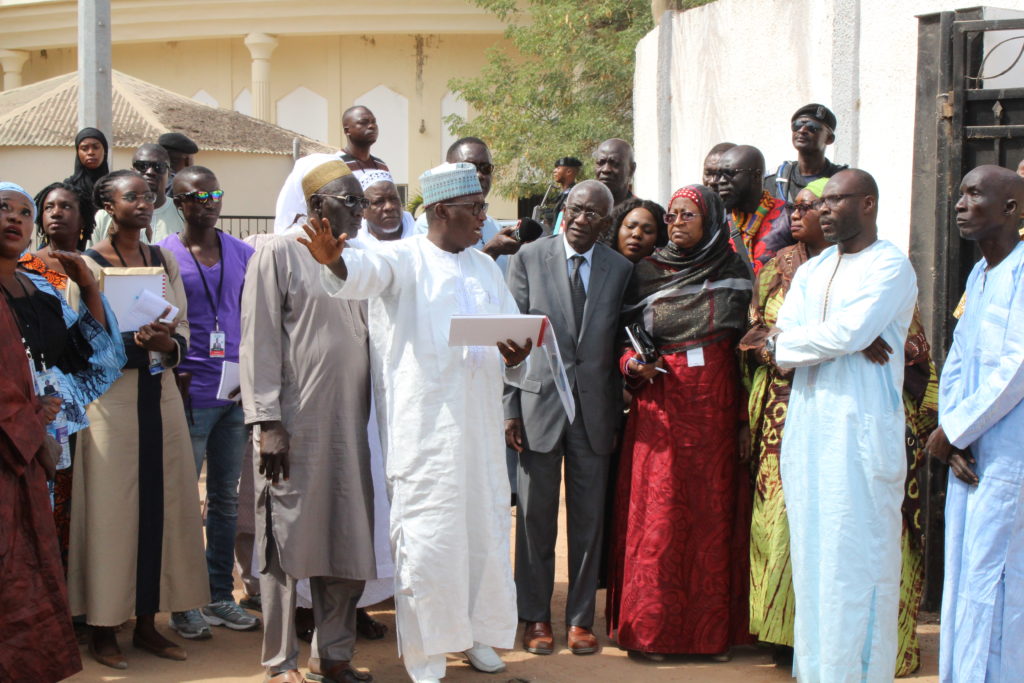
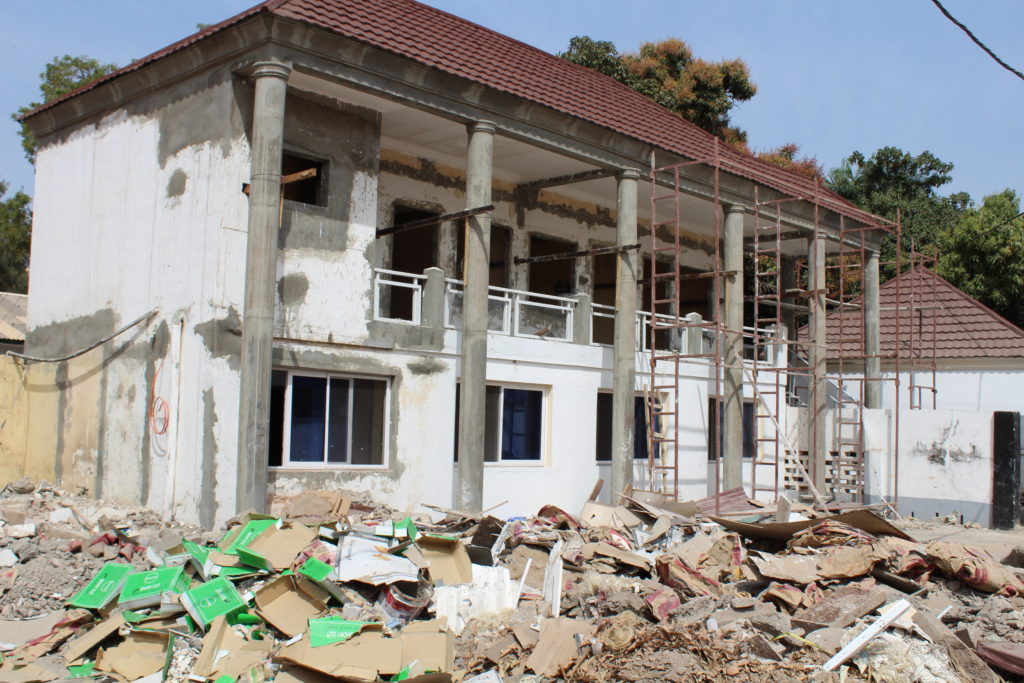
With respect to Yankuba Sonko who did not keep his job as interior minister earlier this month following the cabinet resolution in the wake of the presidential election, the government neither rejected nor accepted the TRRC recommendation for him to be banned from holding public office for 10 years.
“But the important thing is steps have been taken, and probably this might be the reason why you don’t see him in the new cabinet and the issue will be looked into carefully and decision will come out,” Justice Minister Dawda Jallow said at the press conference today following the release of the White Paper.
More than 67 West African citizens, including majority Ghanaians, Nigerians, Ivorians, Senegalese and one Gambian were massacred in cold blood in 2005. Several members of the Jammeh’s killer squad popularly known as junglers, including Omar Jallow alias Oya and Malick Jatta have confessed to have participated in killing them as they gave gruesome accounts of how they killed them in bushes and threw them in a well in Jammeh’s native village of Kanilai.
As the Crime Management Coordinator of the Gambia Police Force at the time, TRRC’s investigations uncovered that Yankuba Sonko had concealed the evidence from the international investigators.
“The Commission received credible evidence that, shortly before the ECOWAS/UN fact-finding mission arrived in the Gambia, high-ranking officials, such as Yankuba Sonko, who had been involved in the case since 2005, warned the members of the task force set up to facilitate the foreign investigation team against revealing anything that would incriminate Jammeh’s regime. Yankuba Sonko directly instructed witnesses to not cooperate with the UN investigators who were about to arrive in The Gambia. Furthermore, under the supervision of the members of the task force, police officers re-wrote more station diaries leaving out the incriminating information concerning the migrants,” the TRRC report indicated.
This act of shielding Jammeh from being associated with the atrocities has reportedly earned Sonko a promotion to the position of the Inspector General of Police, according to the TRRC’s conclusion.
The Commission has recommended his ban from holding public offices for ten years. Sonko was serving as the Interior Minister until earlier this month when he was relieved of his duty as President Adama Barrow appointed his cabinet.
The White Paper, published Wednesday, indicates that the government has partially accepted “the recommendation and refers it for further investigation in light of potentially exculpatory evidence submitted in favour of Yankuba Sonko.”
Justice Minister Jallow said the government shall take steps for their immediate suspension from service of those who have been adversely mentioned by the Commission. “While we work on a lawful means to effect their dismissal, termination or compulsory retirement as each case may require.”
He emphasised on the issue of suspension at the press conference stating that “notice will be served to the institutions where they work and we expect that will be put on immediate suspension of duty.
“With respect to Yankuba Sonko we are in fact going probably to refer that matter to an impartial independent body to look into it. I am not able to provide the new evidence at this moment,” he added.
Research and additional reporting by Hawa Njie and Adama Joof

